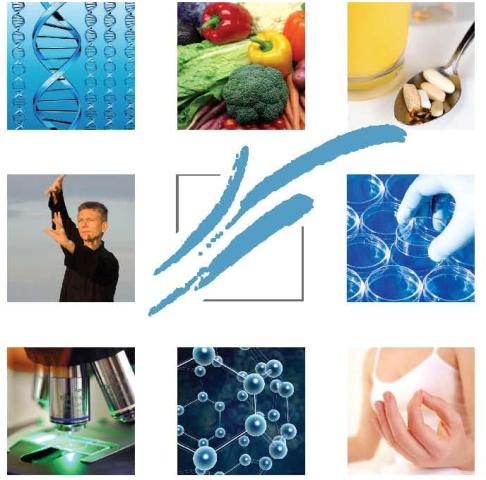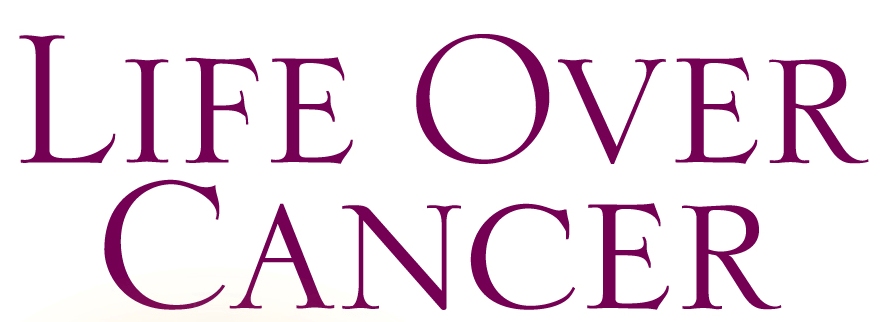
|

|

|

|
|
Ask Dr. Block
|
Remission
Question: I heard you speak recently and think you said that treatment shouldn’t end even when a doctor tells a patient they’re in remission. Can you please explain what you meant by this?
Answer: Cancer is not just want you can see, but it is also what you cannot see. It is the invisible disease that comes back to haunt patients and thus containment and recurrence prevention programs are essential.
Even complete remission is not necessarily synonymous with cure. A patient in remission may still harbor malignant cells (ones that were resistant to chemotherapy or radiation, and therefore survived the attack phase) that not even the best diagnostic technologies can detect. This is why some patients who have achieved a complete remission sometimes suffer a recurrence months or years later.
I wish I could tell you that the conventional five-year milestone of being disease-free really is synonymous with a cure. But it’s not. My grandmother’s breast cancer recurred with metastases in distant organs more than two decades after her initial treatment. This is why I thought it was important to devote an entire section of LIFE OVER CANCER to remission maintenance and how to lower recurrence risks.
The first thing I stress to my patients is: take heart. If your attack strategies were so effective that no visible tumor remains, this is definitely cause for celebration. Understandably, you may want to retreat psychologically to a “cancer- free” zone and never think about your disease again. What you need to do now is keep residual, invisible cells from proliferating. If you received adjuvant chemotherapy to rid the body of microscopic cancer cells, you already have a leg up. That is why we recommend an ongoing comprehensive program of diet, supplements, exercise, mind- spirit care, and antitumor therapies.
At the Block Center, we help patients find peace and confidence in proactive strategies so that each time they have a scan or another diagnostic test to see if the cancer has returned they do not feel like they are just waiting for the other shoe to drop. As opposed to “watchful waiting,” I encourage what I call “active participating,” a remission maintenance plan that bolsters energy, brightens health, and protects against a return of cancer. I want you engaged in preventing a recurrence in order to get the full benefit from your months of treatments. After all, you’ve gone through the ordeals of surgery, chemo, radiation, or all three. You deserve to never see cancer again.
|
|
|

|
|
 Keith I. Block, M.D.
Keith I. Block, M.D.
 read our blog
read our blog

 Keith I. Block, M.D.
Keith I. Block, M.D.
 read our blog
read our blog

